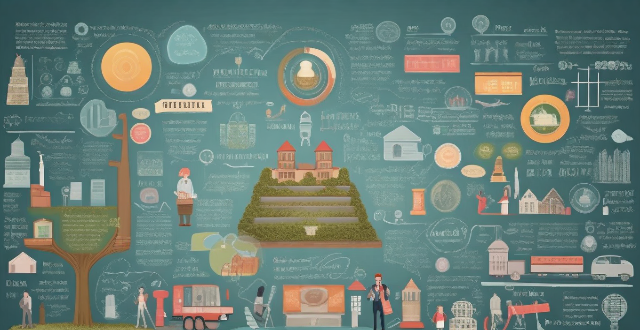Addressing the lack of climate education in developing countries requires a multi-faceted approach that considers local contexts, cultural values, and educational infrastructures. Strategies include prioritizing climate education at the policy level, enhancing access to educational resources, training and supporting educators, community engagement and empowerment, building sustainable infrastructure, research and development, and international cooperation and exchange. By implementing these strategies, developing countries can work towards bridging the gap in climate education and ensure that future generations are equipped with the knowledge to confront the challenges of our changing climate.

Addressing the Lack of Climate Education in Developing Countries
Climate education is crucial for empowering individuals and communities to understand, adapt to, and mitigate the impacts of climate change. In developing countries, where resources are often limited and priorities may differ from those in more affluent nations, addressing the lack of climate education requires a multi-faceted approach that considers local contexts, cultural values, and educational infrastructures. Here's how we can tackle this issue:
Prioritizing Climate Education at the Policy Level
- Integrate Climate Change into National Curricula: Governments should revise educational standards to include climate change as a key subject, ensuring that future generations are informed about the issue.
- Establish Partnerships with NGOs and International Organizations: Collaborate with organizations like UNESCO or The World Wildlife Fund to gain expertise and funding for educational programs.
Enhancing Access to Educational Resources
- Develop Localized Educational Materials: Create textbooks and teaching aids that are culturally relevant and address local climate concerns.
- Leverage Technology for Remote Learning: Use online platforms and mobile apps to deliver climate education to hard-to-reach areas.
Training and Supporting Educators
- Provide Professional Development for Teachers: Offer workshops and training sessions to help educators incorporate climate change topics into their lessons effectively.
- Incentivize Teaching Climate Change: Implement policies that reward schools and teachers who prioritize climate education.
Community Engagement and Empowerment
- Organize Community Workshops: Hold informative sessions where community members can learn about climate change impacts and adaptation strategies.
- Encourage Youth Participation: Engage young people through clubs and youth-led initiatives to foster environmental stewardship.
Building Sustainable Infrastructure
- Construct Eco-Friendly Schools: Design schools that utilize renewable energy sources and serve as models for sustainable living.
- Implement Green Practices in Schools: Encourage recycling programs, composting, and other environmentally friendly practices within educational institutions.
Research and Development
- Conduct Localized Climate Research: Carry out studies on the specific effects of climate change within the region to inform educational content.
- Invest in Educational Technology: Allocate funds for the development of innovative teaching tools tailored for developing country contexts.
International Cooperation and Exchange
- Facilitate Cultural Exchanges: Establish programs where educators from developing countries can visit more advanced educational systems to learn best practices.
- Share Success Stories Globally: Promote examples of effective climate education initiatives to inspire others around the world.
By implementing these strategies, developing countries can work towards bridging the gap in climate education. It's essential to recognize that each nation's approach must be tailored to its unique circumstances, resources, and needs. Through collective effort and international support, we can ensure that future generations worldwide are equipped with the knowledge to confront the challenges of our changing climate.